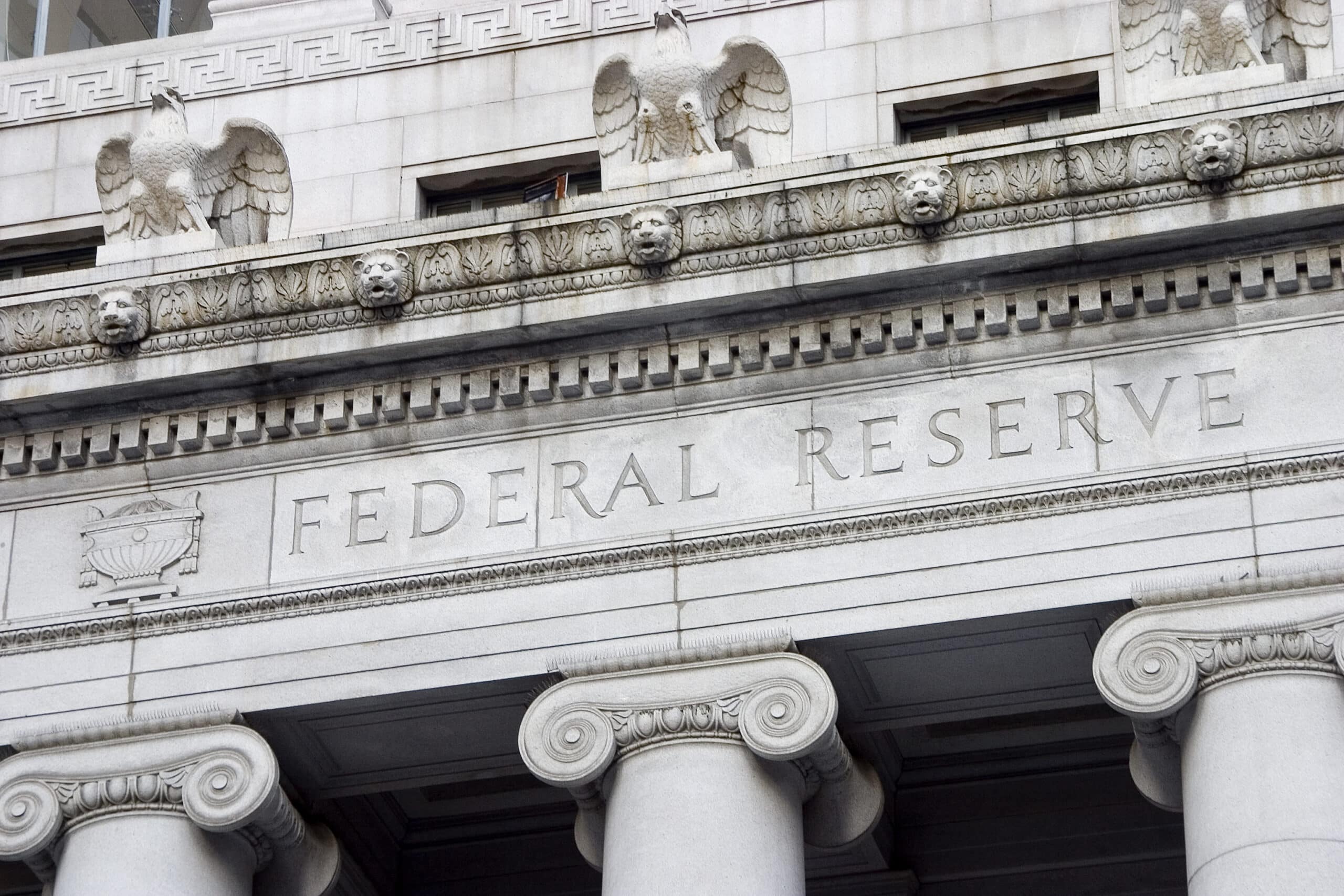Auto fintech Finova files for bankruptcy
C-LOC provider raised $155M in venture funding
Despite having raised $155 million in venture funding and being touted as a fintech innovator for its auto equity line of credit product, Finova Financial has filed for bankruptcy protection six years after its founding. Finova Financial, the operating name of National Financial Holdings Inc., is a Palm Beach, Fla.-based fintech that got its start […]

Already subscribed? Log in















